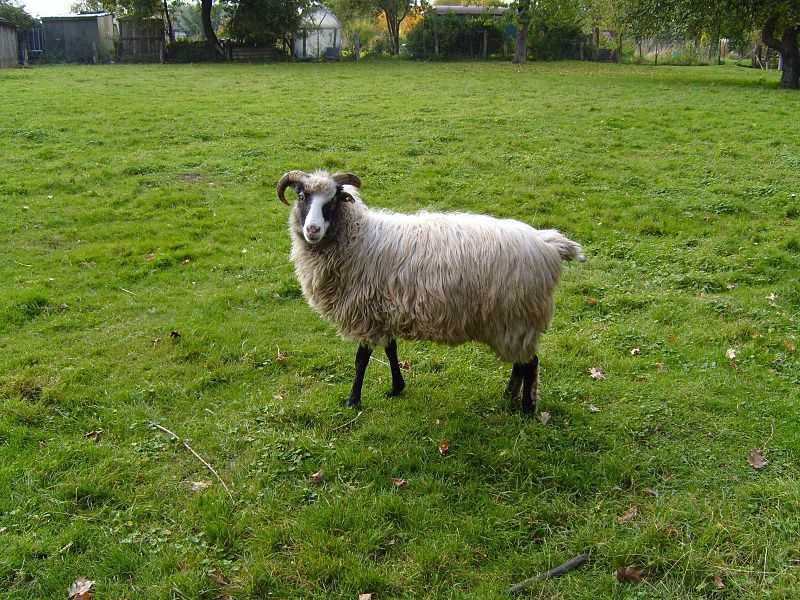A number of sheep that died suddenly on a property near Swan Hill, Victoria and the confirmation of anthrax as the cause of death in at least one sheep has prompted a quarantine of the property, according to Victoria Agricultural officials today.

Officials advise farmers and those working with livestock to be vigilant for anthrax. They also remind the public that local farmers, veterinarians and Agriculture Victoria are well prepared to handle these incidents.
Anthrax is well known to occur intermittently in grazing livestock in the pastoral areas of NSW, northern Victoria, and less often in western Victoria and Gippsland.
Anthrax is an infectious bacterial disease of animals, caused by the spore-forming bacteria Bacillus anthracis. It can affect humans and a wide range of animals, however, nearly all cases in Victoria have been seen in livestock, particularly cattle and sheep.
Cattle and sheep with anthrax die suddenly. Just prior to death, animals may show signs of high fever. Blood may be present around the nose, mouth and anus of carcasses. However, in many cases you may not see this sign, so it should not be relied upon to diagnose anthrax. If livestock die suddenly, even when there is no history of anthrax on the property, anthrax could potentially be the cause.
Where a case of anthrax is confirmed after veterinary examination of affected animals and laboratory testing of samples, the affected property is quarantined, potentially exposed stock are vaccinated, dead animals are safely disposed of (usually by burning) and contaminated sites disinfected. The quarantine is not released until at least 20 days have elapsed since any anthrax cases have occurred and at least 20 days have passed since the last round of vaccinations on the property.
The last documented case of human anthrax in Victoria was a knackery worker, infected in 2007, who had contact with an infected carcass, developed the cutaneous form of anthrax, was treated and recovered.
LISTEN: Outbreak News Radio: Zika risk with the Olympics, Anthrax in animals


One thought on “Anthrax reported as cause of death of sheep in Swan Hill, Victoria”